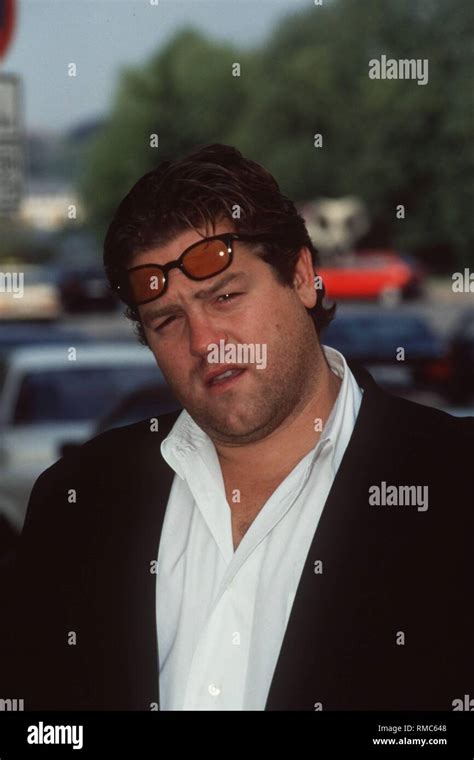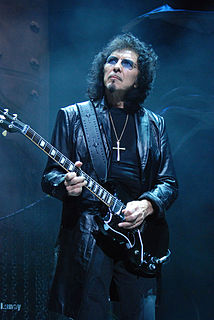A Quote by David Nutter
One really can't control or think about the reaction of the audience because you're so steeped in trying to get what you feel is right on film and to translate the page in the proper way. The rest is superficial stuff you can't change or adjust or deal with.
Related Quotes
The great thing about a sitcom is that you're in front of a live audience, so you really get in touch with what audience reaction is, but also there are lots of elements of film that you're dealing with, and there's kind of a great boot camp or graduate school mentality to it, because you're going to suck.
They're both about the correct or proper way to do something. There is a correct and proper way to use words and there is a correct and proper way to behave with other people. And I behaved improperly with John and feel bad, so I compensate by obsessing with language, which is easier to control than behavior.
You make a film and you can't really pick the way it's put to the public. You control the content, but the way it's marketed, or the poster, or what they're telling the public about the film, it's beyond you. Some people don't even see them, because they think they already know it. That can be frustrating, when something you've done is marketed in a way you think is antithetical to what it is.
I can understand that an audience, buying a ticket to see a picture of mine, wants to see something funny because they feel confident that at least I have a fighting chance to make a funny film when I make a film, whereas if I make a dramatic film there's one chance in a thousand that it's really going to come out great, so I understand how they feel about that and they're completely right.
We see films all the time, whether they have access to all kinds of intellectual property or artifacts, and the one thing that they don't get is story. So I think whether you're talking about a biopic or an action film or a science-fiction film that has all the CGI in the world, if you're not trying to connect with an audience, it doesn't really matter.
Now I realize that I have to let everyone take what they have to take from the film. No matter what I think about the film, it becomes a little irrelevant. I think I would say that the film is trying to show us that - and I spoke about that earlier - we have to let the teachers invest in their own classroom. There's no use in trying to control everything. Education is fundamental.
I think that film festivals, we're very often given to understand, are about filmmakers and about films and about the industry of filmmaking. I don't believe that they are, I believe that film festivals are about film audiences, and about giving an audience the encouragement to feel really empowered and to stretch the elastic of their taste.
I think a lot of people get intimidated by the language of music, but everyone owns music. I think there's nothing standing in between a composer and her audience. I think a lot of people feel that way because they feel it's rarefied, but it's really not. You should feel the impact of it without being able to name it because it's ultimately a primal thing.
I think, unfortunately, everything is becoming about comfort, you know? A comfortable way to tell a story. The comfortable way, so that the audience will never be lost. A comfortable way to produce a film with green screens or without a lot of physical effort or losing control because of the weather or physical locations.
































